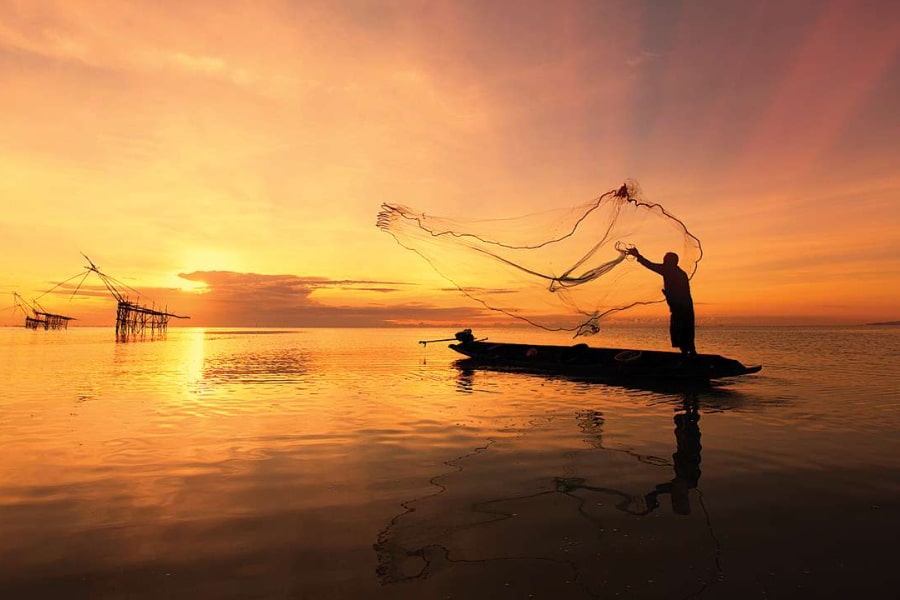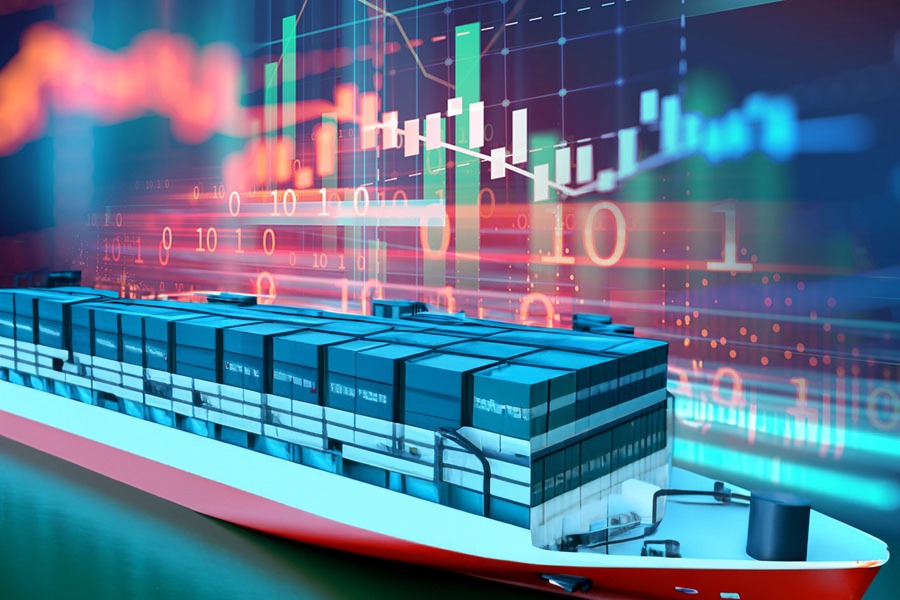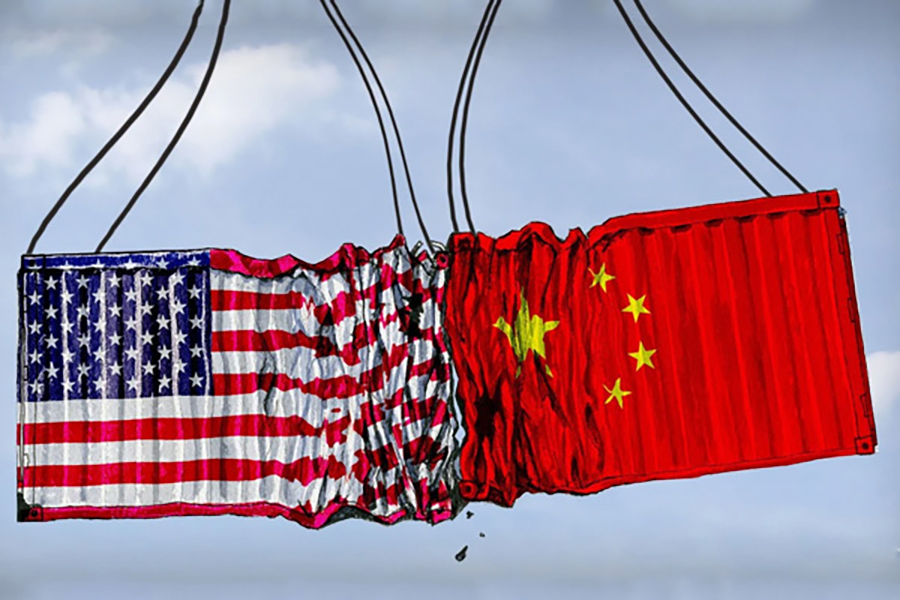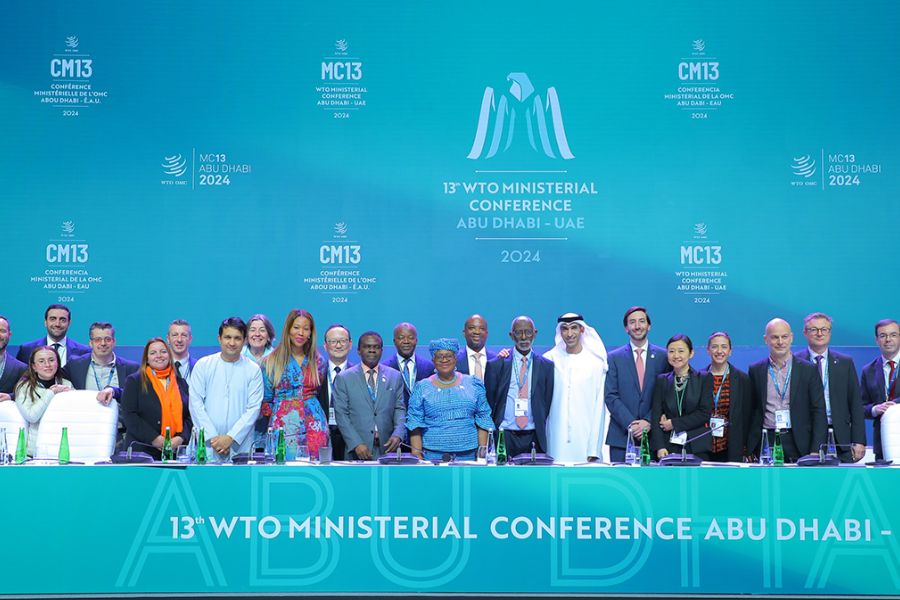Indian fisheries sector faces stiff competition from Vietnam, Thailand & Indonesia
Jagdish Fofandi, National President of Seafood Exporters Association of India, opines that the domestic fisheries industry would have been at an advantage, had we been included in the RCEP idea since India is not a large-scale importer of seafood and India faces stiff competition from competitors like Vietnam, Thailand, Indonesia. He adds that the government should enter FTAs selectively for RCEP nations, excluding China, for a few sectors.

IBT: What impact will India’s decision to stay out of the Regional Comprehensive Economic Partnership (RCEP) have on Indian fisheries exporters to the region, in your view?
Jagdish Fofandi: While this decision does not have any immediate repercussions, it might have an impact in the long run for Indian fisheries exporters given China’s growth as a promising market in the seafood sector. It has become a net importer of seafood. However, as far as China as a market is concerned, India faces stiff competition from competitors like Vietnam, Thailand, Indonesia, which are other big-time exporters of seafood. These nations have established their reputation as great processing hubs for seafood and enjoy almost duty-free access to China.
On the flip side, India also exports to these other markets and what it exports to Vietnam or Thailand is basically the raw material for the end product or end market. In that way, India will be eliminating competition to some extent. But on the flip side, if it wants to be competent enough and to produce at the level these countries are producing, India has to improve the state its factories today and grow as a value-added market.
In nutshell, as far as the seafood industry is concerned, going out of RCEP may not be a good idea since India is not a large-scale importer of seafood & whatever it imports is mainly for reprocessing. Moreover, whatever it is importing is also of very low value for domestic consumption, because it produces plenty of seafood sufficient for India’s domestic market. I think in nutshell, the seafood industry would have been at an advantage, had India been included in the RCEP.
IBT: Were the concerns of Indian fisheries sector that opening up the Indian Ocean for Deep Sea Fishing (DSF) vessels will exhaust our fragile fisheries zone & displace millions of fisherfolk misplaced?
Jagdish Fofandi: No, absolutely not. Even in the past whenever India tried this idea, it always impacted the fisherfolk. As it is the fisherfolk today already are in a very bad state. The government through various schemes is trying to bring in deep-sea fishing, but it needs to do more work on that. It needs to be noted that just because the country doesn’t have the infrastructure for DSF, it doesn’t stop us from building it in the future, in the backdrop of the Matsya Sampada Yojana. It is an evolving scheme and the government has first time looked at seafood per se with concentration.
At the same time, India needs to handhold its fishermen and bring them to a scale where a group formation on an industrial scale can be done. What is happening is that the country’s fishing effort has increased, & fishing needs have grown but in the wrong direction; they should have actually grown in terms of more mechanisation, in terms of size and in terms of more venturing. So, the industry needs to look at that part and also get the fishermen to form self-help groups wherein they can help each other. Today, the fishermen are working on a very indigenous scale.
But allowing foreign visitors to come into Indian seas is going to be catastrophic; in no way is it going to help the industry – neither the processors nor the fishermen. Bringing in anyone now, at this point in time, will affect us. Moreover, once the sector is open, it will not be very easy for us to close it again. So, this view is absolutely not misplaced.
IBT: According to the ITC Trade Map, in the last 5 years, China, Japan, Vietnam, Thailand and Malaysia are the top importers of Indian fisheries products. Now that India has walked out of the deal, what can be done to enhance India’s fisheries trade with these regions? What must India do in future FTA deals to reduce trade deficits and gain from such agreements?
Jagdish Fofandi: Regarding China, I don’t know if the government will be able to enter into anything. After they walked out of RCEP, I don’t know how receptive China will be, vis a vis India, specifically for the seafood industry to enter into any agreement. But, Japan is already acting more positively towards the Indian seafood because whatever indirect entities they originally had, they are coming out of it, they are doing less testing of our products. So, Japan is now again growing slowly and gradually in the market. I think the government, as far as Vietnam is concerned, and all these other countries which you mentioned, barring China, should enter FTAs selectively for sectors which are beneficial for the country.
Whatever India is selling to these markets is going for reprocessing and then finally going into the main markets which are Japan, the European market & the US market. The need of the hour is to safeguard the country’s exporters in the market where India’s competitors are also settled. For example, Vietnam has agreed to a favourable trade agreement with Europe that is going to have a very bad impact on us because our exports are charged much higher duty -fees. So, the government has to be very careful, since they are losing out on 30% of the world market – RCEP. Europe and even the US is gradually suspecting us on the grounds of environmental issues. So, the government’s focus in terms of FTAs and in terms of expanding the business into the other markets should be very urgent.
IBT: What challenges are Indian fisheries exporters facing while trading with these nations? How can they be resolved?
Jagdish Fofandi: The major challenge is that the cost of production is higher than our competitors. So, the cost of production needs to be brought down and that can be done by reducing the cash effort or increasing value-addition. There is a lot of scope for improvement in terms of per hectare increase in production, which will be useful in reducing costs.
Secondly, there are various indirect tariffs which are charged from our farmers like electricity, our feed cost or various other aspects involved in the production of aquaculture. Consequently, India seafood export is about 10% cost-wise higher than our major competitors. So, the government needs to have a look at this.
Thirdly, India has issues with all these markets as of now. But for China, the reason is geopolitical differences. Hopefully, things will improve soon. But as far as the other markets are concerned, the European market, the US market and other markets, India needs to act fast regarding the NTBs and FTAs. It is a problem if the NTBs are not eliminated or if the government doesn’t talk to those governments and safeguard exports. For example, in the European Union, some Indian exporters were delisted from exporting to those countries on account of some quality issues. Talking about the European market, Indian products are tested five times more than any other country. Secondly, there is no other country which was delisted like India was. While these errors were rectified, still those large exporters and good factories aren’t allowed to export to those countries.
IBT: What opportunities does the finalisation of RCEP provide Indian fishery sector, and how would it change their approach to the market?
Jagdish Fofandi: As far as the seafood industry is concerned, RCEP is only going to be positive, if the government agrees to get into it because India is not a large-scale importer of seafood. So, on that account, there is nothing to lose. And mainly my focus would be in the Chinese market and the Japanese market which will only grow as a market if you consider on a 10-20 years horizon.
On a scale of 1 to 10, if Vietnam is eight in terms of value-addition, India is only about two or three and that needs to be corrected with government aid, government intervention, and more investments. Today, the exporters are doing every bit, investing more. If you see Andhra Pradesh, it has some of the best factories in the world, but then if one factory for one small mistake or for some reason is barred from exporting to a major market, even that kind of investment doesn’t help. So, if at all the government thinks it is in the interest of the country to agree to RCEP, the seafood industry would be benefitted.

Jagdish V. Fofandi is the President of Seafood Exporters Association of India and MD, Deepmala Exports. The views expressed are personal.













Leave a comment